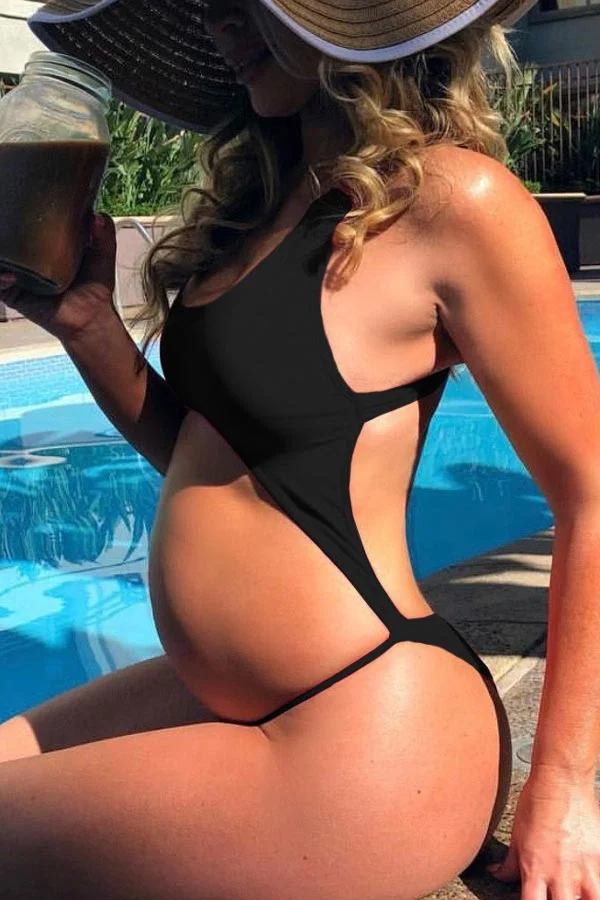As my daughter approaches me, a Lisa Frank coloring book in her tiny hands, she flips it open to a page featuring a girl with exaggeratedly large eyes, a cute nose, and perfectly outlined lips. “Do you think she’s pretty?” she asks, a question that has become all too familiar. This inquiry often arises when she sees portrayals of girls and women across media—be it in advertisements, magazines, or movies. It’s clear she is beginning to connect beauty with being liked, and this realization troubles me.
My instinct is to respond with a vague, “She’s alright,” but my daughter’s keen awareness pushes her to dig deeper. “Would you want to be like her?” she probes. I hesitate, not wanting to dismiss her passion but also wary of feeding into her fixation. “Sure,” I finally say, my tone less enthusiastic than I’d like. She interprets my response as approval, and then, in a tone reminiscent of a future beauty expert, she declares, “You just need to wear flowers in your hair and grow it long!”
While I may be prepared for her beauty tips when she’s a teenager, she is just four years old, and her fascination with appearance doesn’t sit well with me. Reflecting on my own childhood in the 1980s, I remember my mother’s carefree attitude towards my interest in looks. She encouraged my love for styling dolls and even embraced my aspirations of becoming a hairdresser without any concern. Her worries were more about daily life—ensuring we were fed, read to, and engaged in meaningful projects.
I envy her ability to let me play without the added burden of worrying whether my interests would skew my perception of womanhood or self-worth. In retrospect, my childhood dreams didn’t distort my body image. Today, I hold a Ph.D. and have navigated adulthood without ever getting a pedicure. But I can’t help but wonder if the landscape has shifted for my daughter. While Barbie may look similar, today’s girl culture is inundated with the notion of beauty. Streaming platforms are filled with gendered shows that glorify superficiality, and it’s tough to shield my daughter from that influence.
I can turn off the television, but I fear the damage has already been done. She’s already grasped the idea that beauty is tied to how others perceive her. My own mixed messages complicate matters. I enjoy dressing her in stylish outfits and appreciate looking nice myself. But isn’t this just promoting objectification? Am I implying that worth is based on appearance rather than character?
I want to steer my daughter away from internalizing unreachable beauty standards. I worry about her feeling unlovable if she doesn’t measure up, or worse, adopting a judgmental mindset towards herself and others based on looks. I do not want her to fall into the trap of unkindness.
Soon, we’ll be visiting Disney World, and I’ve organized Fast Passes for her to meet her beloved princesses. However, I opted against the princess makeover at Bibbidi Bobbidi Boutique. While I don’t mind my daughter receiving a hug from Ariel, I resist the idea of strangers complimenting her looks while transforming her into a conventional beauty through makeup and glitter. I want her to be appreciated for who she is, not for a temporary makeover.
I hope she’ll come to admire strong heroines who embody resilience and independence. Just recently, I caught her pretending to be Rey from Star Wars: The Force Awakens, a character I truly admire. I wish we could plan an encounter with Rey at Disney World; I’d love to capture that moment and display it proudly in her room.
For more insights on parenting and the challenges of shaping young minds in today’s beauty-focused culture, check out our other blog post here. And if you’re looking for reliable resources on home insemination, you can find excellent information here. For those interested in at-home insemination kits, visit here for a trusted online retailer.
In summary, as I navigate this delicate balance of encouraging creativity while discouraging superficiality, I remain hopeful that my daughter will learn to value traits beyond physical beauty, ultimately leading her toward a well-rounded sense of self.

Leave a Reply